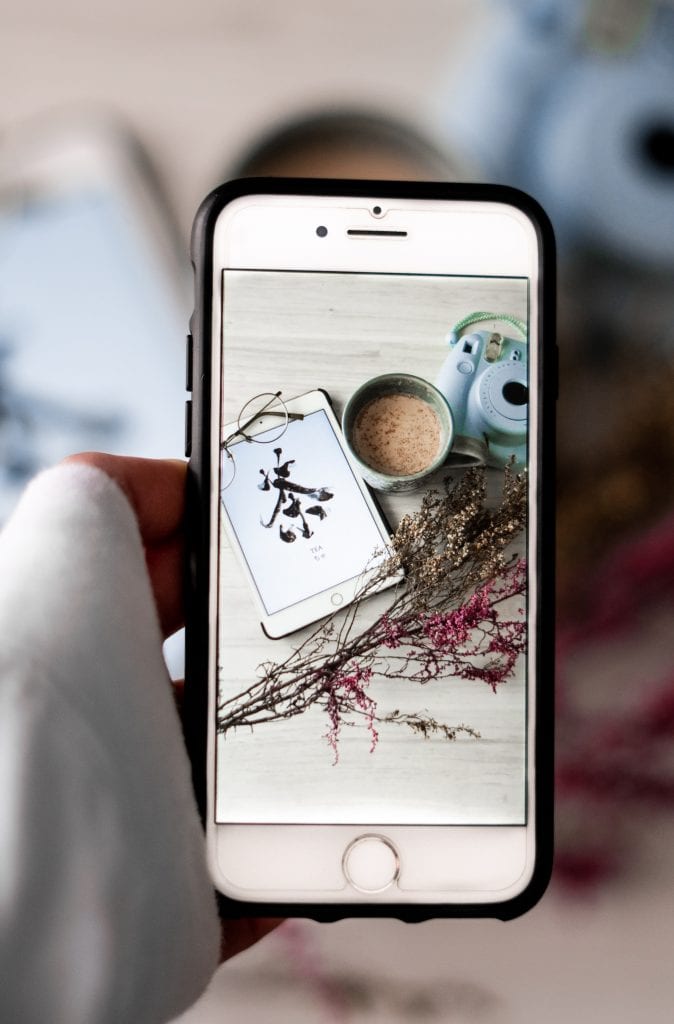
Are you having trouble sleeping lately? Are you frequently stressing yourself out with the late-night doom-scroll through news headlines? You’re not alone. During quarantine, most of us have spent large amounts of time scrolling through our phones, and it’s causing a lot of anxiety, stress and, sometimes, insomnia. How can we stop ourselves from doom-scrolling when our phones have become our number-one distraction?
After working with clients who were struggling with anxiety and insomnia, I started suggesting scheduling frequent “digital detox” breaks throughout the day as way to reset and relax. At first, I struggled to apply this idea myself. It seemed so tempting to constantly check my phone for work emails, news stories or social media updates. However, I started to notice I was feeling a general restlessness at night that I couldn’t shake. So, I decided to take my own advice. I put the phone away for a scheduled chunk of time each day and I started feeling more relaxed as a result. I’ve learned that I do much better overall in terms of nighttime mood when I give my phone a daily break.
When we’re always on our phones, we’re cutting ourselves off from the present moment. We’re missing things as they happen around us in real time. It’s not uncommon for our kids to have to stick their faces right up in ours to even get our attention when we’re busy scrolling. Typically, we’re not giving our brains a rest from “information overload” either. A simple solution is to set aside blocks of time where you aren’t on your phone (or computer) to reset yourself. These breaks should last anywhere from 30 minutes to a few hours, as less than half an hour doesn’t give us enough time to fully relax. You can space out detox time throughout the day, to allow breaks from information overload.
It can also be beneficial to model for our kids how to take time away from our devices to reset ourselves. How often do we tell our kids to take a break from their iPads when we’re actually still on our phones?
Here are some tips that might be useful in learning to put down the phone:
Put the phone away at mealtimes. When we put the phone away during meals and focus on the food we’re eating, we help our brains relax and we aid our digestion. Unplugging from devices and slowing down intentionally at mealtimes can also help you connect with your family.
Leave your phone on a charger in a different room at night. When you have your phone plugged in on your nightstand, the temptation is to doom-scroll into the night. Instead, try plugging your phone in somewhere a bit farther away and harder to reach, like the living room or kitchen. While you might find yourself sneaking a look at your phone when you go to get a glass of water, chances are, you’ll remember to leave it there instead of taking it with you.
Learn to be OK with not doing anything. When we’re on our phones, we’re doing a lot. We’re reading. We’re scrolling. We’re searching for things. Sometimes, it’s OK to do nothing. Tell yourself, “I don’t have to do or be anything right now. I can just sit here and feel peaceful for a while.”

Learn to navigate the uncomfortable FOMO feeling. Many of my clients tell me they can’t get off their phones because of FOMO (Fear of Missing Out). These days, it’s mostly a FOMO on news updates that’s getting to people. It can also be a fear of missing out on what your friends are doing. Sit with the feeling as it arises and breathe into it. You can find out what everyone’s up to during non-digital-detox time, and the news headlines will still be there when you check them later.
Remind yourself that, most of the time, phones are adding to our stress, not calming us down. Picture how you will feel after a night of doom-scrolling. Picture how you’ll feel the next morning and how hard it will be to get through the day after feeling stressed all night. Now, picture how relaxed it will feel to take a break from your phone, to notice the present moment more, to connect with your family more and to not experience “information overload” for an hour or two. Don’t you feel better just thinking about it? The choice is yours. Doom-scroll, or enjoy some digital downtime.
Risa Williams (www.risawilliams.com) is a licensed psychotherapist who specializes in anxiety and stress reduction techniques, a mom of two, and a professor. Risa is the author of “The Ultimate Anxiety Toolkit: 25 Tools to Worry Less, Relax More and Boost Your Self-Esteem” (June 2021, Jessica Kingsley Publishers). You can read more of her stress reduction tips on IG @risawilliamstherapy.


























